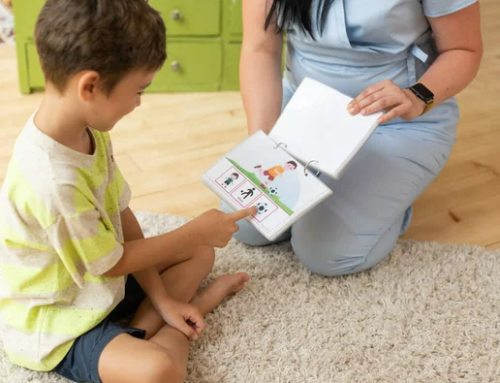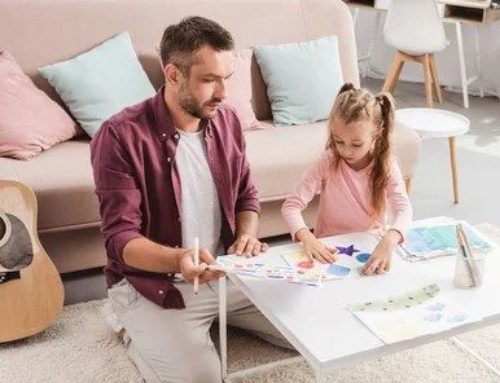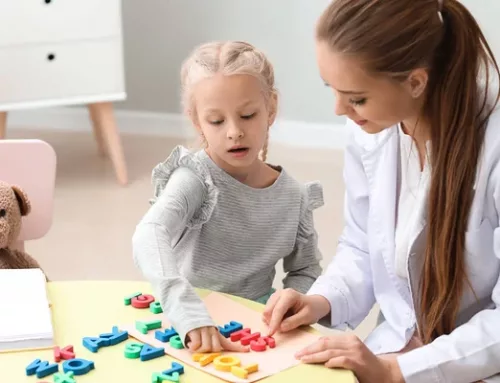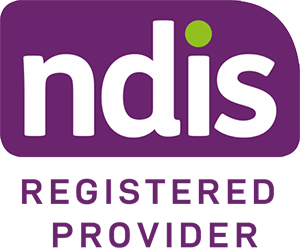With World Gratitude Day occurring recently in September and it currently being Mental Health Month, we thought it would be worthwhile exploring and explaining the link between gratitude and mental health and how it can help you.
So what exactly is gratitude?

Many of us express gratitude every day, by saying “thank you”, or expressing recognition of something that another person has done for us. Gratitude is not just the action of being thankful, it is a positive emotion and deeper appreciation for someone (or something) that creates long lasting positivity.
Gratitude has many meanings:
- It is a feeling that occurs during interpersonal exchanges, whereby one person acknowledges receiving a valuable benefit from another. For example, being thankful to the person who cooked for you.
- Gratitude also occurs when a person receives a personal benefit that was not intentionally sought after or earned, but rather because of another person’s kindness.
Gratitude often involves pausing to notice and appreciate the things we often take for granted, even in times of challenge or change, for example, appreciating the time spent with family during a prolonged lockdown. This process allows us to celebrate the present and affirm the good things we’ve received, and the role of others in providing our lives with goodness.
How does gratitude impact mental health?
The act of practicing and expressing gratitude can have positive impacts on our mind, body and spirit. Expressing gratitude improves overall psychological health, by reducing the negative emotions that may be influencing our happiness and wellbeing.
Expressing gratitude has the following mental health benefits:
- Improves overall mood and wellbeing
- Enhances empathy
- Can reduce anger
- Encourages an optimistic outlook towards life
- Improves physical health
- Improves sleep and boosts energy and self-esteem
- Increases mental strength
- Helps deal with adversity and accept change
- Encourages moral actions
- Helps build new relationships/enrich current relationships
Practicing gratitude in your every day life
Acts of Kindness
Expressing gratitude can be achieved via simple acts of kindness. These are small and most often take a very small amount of time. These simple acts may involve:
- saying “thank-you for always being there for me”
- or telling someone “you are one of the most generous people I know.
- holding the door for a person.
- texting a friend to tell them how much you appreciate them.
Keep a Gratitude Journal
A gratitude journal is the act of recording and creating a list of all the wonderful parts of your life which you are grateful for. This can be as simple as writing about what happened during the day or good things you enjoy and appreciate. This may include people, places, or objects. The act of writing allows you to pay attention to what you are writing and consciously think about what you are grateful for and how it made you feel.
Practice Mindfulness
Make time each day to consider the things you are grateful for. Visualize this in your mind and allow yourself to notice the feelings of gratitude in your body. The ability to be mindful rewires the brain to naturally be more grateful, allowing you to feel happier every time you practice.
Create a Gratitude Board
Create a physical space to place visual representations of the things you are grateful for. This may be in the form of photos, words, or objects. These can act as great reminders of all the things you have to be grateful for and reinforce positive emotions. Be creative!
How to best practice gratitude

Expressing and practicing gratitude does not come easily, and most often you have to think about what feels right, natural and meaningful to you. What works for some might not work for others. Gratitude is a skill however, that can be easily learned by anyone.
You can express gratitude with simple gestures of kindness, such as, thanking people in your life, or even smiling and saying “hello” to a passer-by. These simple gestures can lead to more impactful ways to express gratitude.
How to maximise the benefits of Gratitude practice:
- Focus on being aware of thing’s you’re grateful each day.
- Look beyond things you’re grateful for that may be immediately apparent.
- Find gratitude in your challenges
- Be kind to yourself and realistic about practicing gratitude
- Make gratitude fun
Useful gratitude apps
If I am struggling to cope, where can I get support?
If you are in crisis or need support urgently please contact emergency services on 000.
If you are are not in crisis and would like some support, your GP is a good place to start. They can direct you to the most appropriate support service or professional. There are also many national support lines available to contact for support as well including:
- Head to Health https://headtohealth.gov.au/
- Suicide Call Back Service: 1300 659 467
- Kids Helpline (up to 25 years): 1800 551 800
- Lifeline: 13 11 14
- Men’s Line Australia: 1300 789 978
- Beyond Blue: 1300 224 636
- Q-life LGBTQIA+: 1800 184 527
- Lifeline Text (6pm-12am): 0477 131 114
- GriefLine: 1300 845 745

Dane Falcioni
Therapy Assistant, Beam Health









